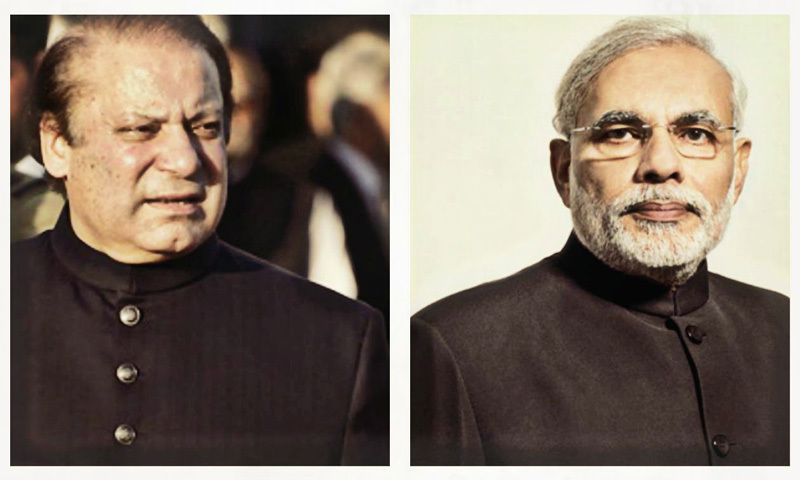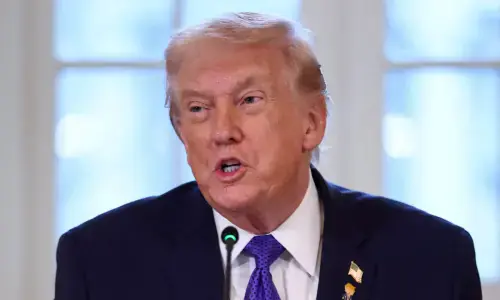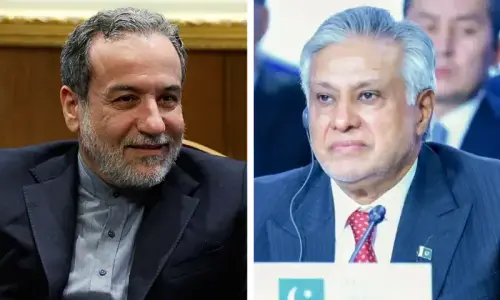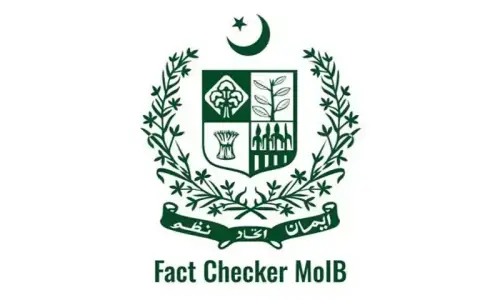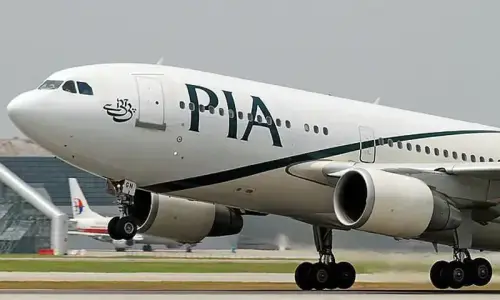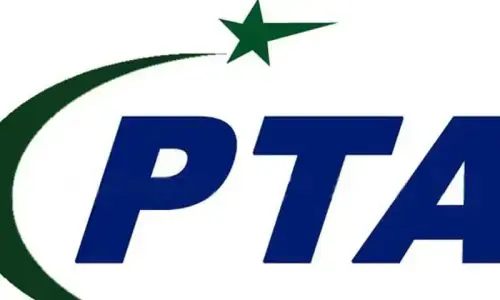After Pakistani Prime Minister Nawaz Sharif finally accepted Narendra Modi’s invitation to attend the latter’s oath-taking ceremony as the 15th Prime Minister of India, ordinary people, commentators, and politicians in Kashmir began deliberating upon the various pros and cons of the situation, and discussing the future of possible talks on all contentious issues, including Kashmir.
There is a mix of apprehension and hope in Kashmir.
Some key Kashmir observers believe that Modi’s ascendancy to power could prove detrimental to the “interest” of Muslims in mainland India, but has several “positives” for Kashmiri resistance against the status quo.
Some politicians are also pinning their hopes on Modi that he would carry forward the legacy of former Indian Prime Minister Atal Bihari Vajpayee, while others insist on a wait-and-see policy.
In the backdrop of the 2002 Gujarat pogrom and the image of Modi as one of the most aggressive leaders of the Hindu nationalist Bharatiya Janata Party [BJP], the fears and apprehensions of the people of Kashmir are not entirely unfounded.
Also read: Engaging Modi
However, after his meteoric rise and landslide victory in the recently held parliamentary elections, Modi has also shown some positive signs and appears to be a different man than the one people witnessed during his belligerent campaigning.
Yasin Malik, chief of the pro-freedom Jammu & Kashmir Liberation Front (JKLF), is of the view that it would be hasty to pin hopes on a man who has won a huge mandate as an advocate of the Hindu extremist Rashtriya Swayamsevak Sangh (RSS) ideology.
“It is too premature to attach expectations or conclude anything substantial as of now. Only time will tell whether Narendra Modi makes a u-turn on his core political ideology and sets on a peace mission with the Pakistani and Kashmiri leaderships to resolve the dispute,” Malik said.
Contrary to the JKLF chief’s opinion, the pro-India Peoples’ Democratic Party (PDP) in Jammu & Kashmir perceives Modi’s invitation to Sharif and their meeting as “big moment for diplomacy”.
As Kashmiris, we look up to every small opportunity and try catching every single straw. Narendra Modi’s invitation to Nawaz Sharif is definitely a big moment for diplomacy and politics.
“This marks a new beginning of a peace process initiated by Atal Bihari Vajpayee, which, to some extent, was consolidated during the United Progressive Alliance (UPA-I) government led by the Congress. But sadly, the Kashmir-centric Confidence Building Measures (CBMs) and decisions which were already taken by the two foreign ministers were not implemented by the UPA-II regime,” said PDP’s chief spokesperson Naeem Akhtar.
Akhtar was referring to the CBMs such as those of extending cross-LoC travel beyond divided families, increasing the frequency of trans-Kashmir bus service, opening of new routes, and strengthening border trade, etc.
The Pakistani premier’s attendance will be a first in the chequered history of the South Asian neighbours, who have fought three wars and a mini-war in Kargil since their independence in 1947 and remain bitterly divided over the disputed Himalayan region of Kashmir.
Besides Sharif, Modi had extended invitations to other neighbouring heads of government from the South Asian Association for Regional Cooperation (SAARC) to his swearing-in ceremony.
International relations and global politics experts are keenly observing all moves made by the India and Pakistan leaderships and their future policy on Kashmir.
Also read: Do Sharif, Modi have a fish to fry?
Dr Dibyesh Anand, head of Politics and International Relations department at London's Westminster University, opines that resolving Kashmir would mean treating Kashmiris as political actors.
“But there is nothing to suggest that Narendra Modi who has benefited from the rise of rabid Hindu nationalism in India, will see Kashmiris as people with rights,” Dr Anand wrote in his e-mailed response.
“Both leaders (Modi and Sharif) will focus on consolidating their positions within their own countries through neo-liberal economic growth and out-manoeuvring their political opponents without care for democratic principles of minority rights," he said, adding:
There is nothing to indicate that they have the will, vision or political expediency to resolve the dispute over Kashmir. Trade, and not Kashmir, will be their primary agenda.
It is also interesting that Nawaz Sharif has thus far not indicated to meet any Kashmiri resistance leaders during his visit to the Indian capital. This is being seen as a break from earlier traditions set by the Pakistani High Commission in New Delhi, which would extend invitations to the key Kashmiri leadership for talks whenever any top dignitaries from Pakistan, prime ministers and presidents included, visited India.
Almost all top Kashmiri leaders have denied receiving any invitation from the Pakistani High Commission this time around.
Kashmir's head priest and chairman of a faction of Hurriyat Conference Mirwaiz Umar has supported the Nawaz-Narendra meeting and has urged both leaders to move boldly towards a final settlement of the dispute.
On the other hand, Kashmir's popular octogenarian resistance leader Syed Ali Shah Geelani has not attached any hopes with the event. Moreover, hardline Pakistan based Jamaat-ud-Dawa (JuD) chief Hafiz Saeed has criticised Sharif for meeting Modi and has termed his move as a "betrayal" against the cause of Kashmiris.
There are, however, some Kashmiri voices that remain optimistic.
“Pakistan is engaging with Hindu India for the first time. By inviting the Saarc heads, Narendra Modi has indicated that he sees the forum as a window of opportunity and hope. There is a chance of resolving disputes, but how Modi moves forward remains to be seen,” said Peerzada Ashiq, a Kashmiri journalist who works for India’s leading daily Hindustan Times.
Also read: A softening veto
In his latest column, Dr Sheikh Showkat Hussain — expert in international law and associate professor at the Central University of Kashmir — wrote:
“‘Modi’-ficaton of India has several positives for Kashmir resistance. Kashmiris, now, do not need to convince the world that they are subjugated under a fascist set-up because the notoriety of Modi and the Hindutva forces is too obvious to need any introduction.”
Dr. Sheikh further articulated that in the past, governments in New Delhi would project coalition politics as one of the main impediments towards the resolution of Kashmir; but,
Modi doesn’t have any baggage of coalition compulsions to use them as a pretext for deferring the resolution of Kashmir.
The flip side, however, is the background of Modi and that makes many wary and suspicious of him.
A young Kashmiri engineer, Zahid Umar, expressed his view on a social networking site in a rather interesting manner:
“The Prime Ministers of two neighbouring countries are meeting and I don’t know why we, Kashmiris, are attaching so much hope, and speculating on a private affair between our two neighbours.”

